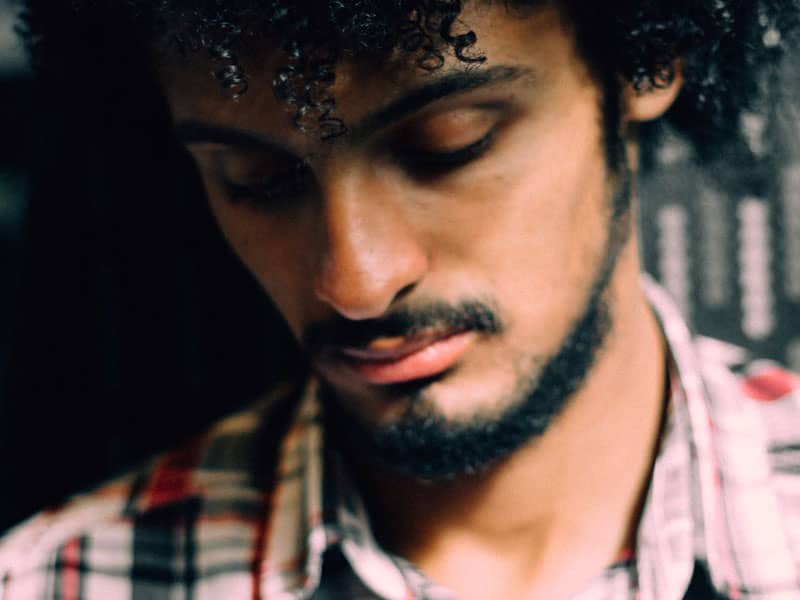Throughout my adult life, wherever I've lived, I've been lucky enough to have a coffeehouse in my neighborhood. I don't mean a Starbucks, which now seems to be in every neighborhood in the known world. (A comedian quipped on TV that he heard Starbucks was cutting down on its expansion, which he thought meant they were closing the one in his living room.) What I'm talking about is the "neighborhood coffeehouse," which by definition is not part of a chain, not a franchise operation, but a place unique unto itself and its environs.
My neighborhood coffeehouse--whether it was The Caffe Peacock in Greenwich Village, Il Dolce Momento on Boston's Beacon Hill, The Grove in San Francisco's Marina, The Cow's End in Venice, California, or The Sacred Grounds in Miami Beach--has served me as an office, a meeting place for friends and business associates, a site for interviewing or being interviewed, a place for making notes and recording ideas, a source of nourishment in terms of food and drink.
More important, I realize now, was its role as a haven from stress, an oasis of comfort in being known and greeted as a frequent customer, and a place of relative quiet where I could read the paper or a book or simply let my mind wander without the pressure of time limits or requirements for spending money or consuming food. These were things that nurtured my spirit and nourished my soul. So it seemed entirely appropriate that my neighborhood coffeehouse in Miami, where I live now, was called The Sacred Grounds.
I realized how important it was to me a year ago when I moved from my neighborhood in South Beach to Bay Harbor Island, 20 minutes north on Collins Avenue. My new neighborhood has restaurants, a shopping mall, library, and even a well-known drugstore with a counter and booths for breakfast, dinner, and snacks--but no coffeehouse. I tried the drugstore a few times, but the staff was surly, the coffee lukewarm, and the ambience bland, so I soon found myself making the 20-minute drive back to South Beach just to go to The Sacred Grounds for my ritual coffee and scone. Of course, I could have got coffee and a scone at a number of places nearby, including the surly drugstore, but I couldn't get what I found at The Sacred Grounds--and what made it sacred.
This was a "mom and pop" operation, with a young mom and pop, Jackie and George, and a year or so after opening they added to their family--and so to the extended family of customers--a lovely daughter named Isabella. Greeting Isabella and watching her grow and take her first steps added to the home-like atmosphere, the personal warmth and spirit of the place.
I knew they were having a hard time hanging on as South Beach became increasingly chic, over-run, over-priced, and over-franchised, and as rents and leasing fees were raised to make room for the likes of national names up and down Collins Avenue and Ocean Drive. Ben & Jerry's replaced The Eighth Street Coffee Bar, another of the old-style coffeehouses, and Johnny Rockets, T.G.I. Fridays, Banana Republic, and Vidal Sassoon all moved into the neighborhood.
Now I have nothing against Starbucks. They make good coffee and even have tables and chairs for their customers, but they seem more suited to take-out or a quick snack, not to the kind of idling and daydreaming the old-fashioned coffeehouses encouraged.
I was out of town for three weeks this spring, and when I got home, unpacked, and read the mail, I felt the need to get centered again, re-focused. So the next day, I got up early and drove to The Sacred Grounds. There was brown paper taped to the windows--the coffeehouse was closed. I knew it was inevitable, but that didn't make it less sad or the sense of emptiness easier to fill.
I lament the increasing loss of the coffeehouse in the frantic franchise-ment of American life, the loss of individual, unique, local places with personal management and personality.
After all, it was in the coffeehouses of Paris, like the Flor and the Deux Magot (which still thankfully flourish), where Hemingway wrote his early short stories, where Sartre and DeBeauvoir held court. Coffeehouses were popular hangouts in the literary life of New York in the '50s, like the intimate Rienzi's, the spacious Limelight.Most recent of that vintage to close, a year ago, was the Caffe Peacock on Greenwich Avenue, with its heavy wood-carved tables and benches, the faded paintings of cherubs and saints, and slightly scratchy Italian opera playing from an old phonograph in the background. Coffee and scones were served instead of bread and wine, but these places offered their own communion. The spaces they provided of quiet and leisure in the midst of our cities' racket and rush were indeed sacred grounds.

